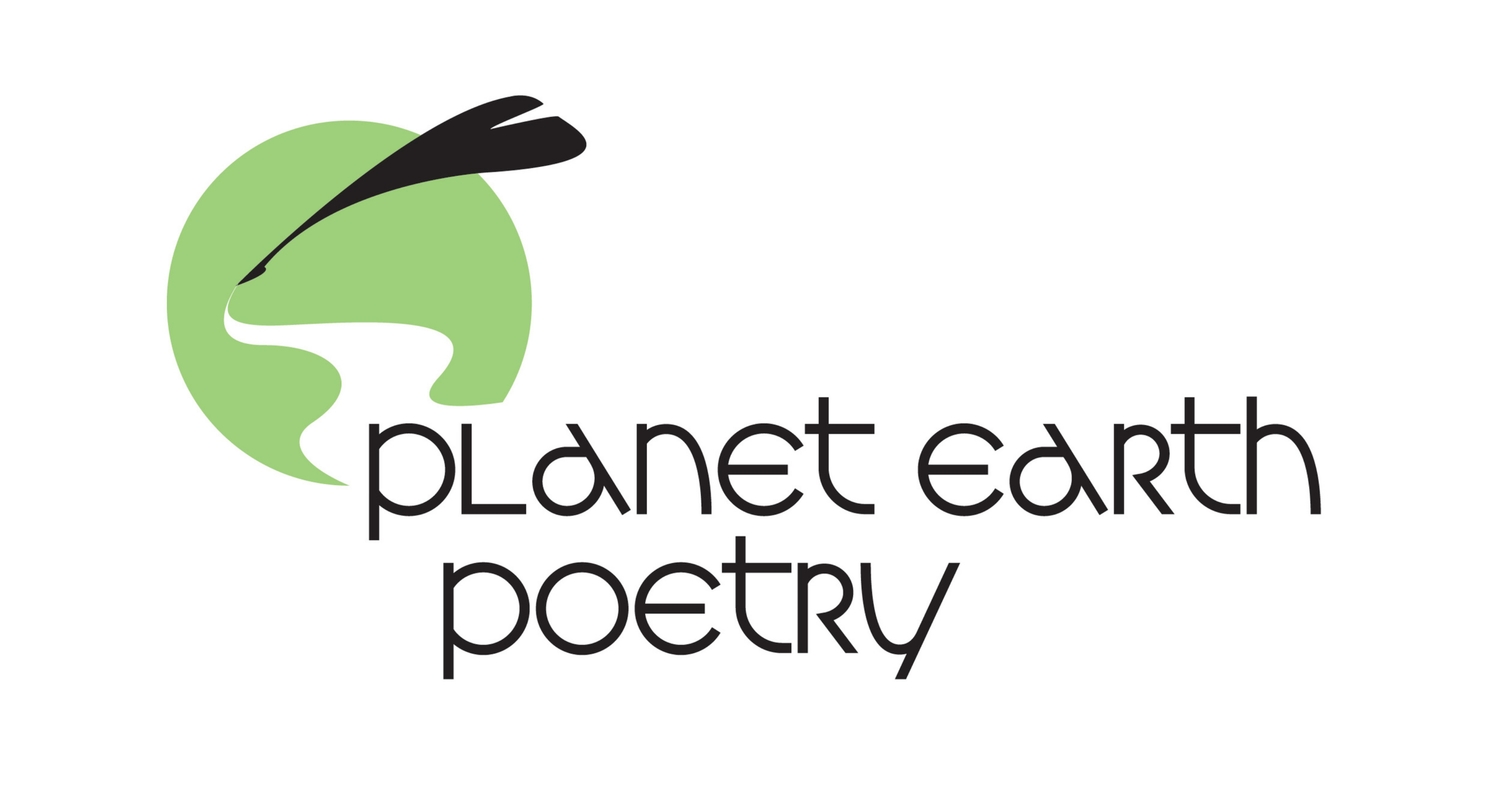REVIEWER: Wendy Donawa is grateful to live on the unceded territory of the Songhees and Esquimalt peoples, and to see the Salish Sea and the Sooke Hills from the window over her desk. Our Bodies’ Unanswered Questions is her second collection.
Poet Wendy Donawa
unpacking the poem:
Regional reviewers focus on regional poems
Reviewer Wendy Donawa unpacks a different poem every month. She examines the poem in a way she hopes is helpful for readers and other poets to understand how craft works in a particular poem, for a particular effect.
May 2023: susan braley
Held Down
Outside the pig barn
I find a knife in the chipped
Enamel dish once used in the kitchen.
I don’t go into that barn often.
The pigs’ high-pitched squeals. Busy-
bodies, blunt-nosed, coarse-haired,
pressed against my brothers’ legs
at feeding. The loose waste
rife with ammonia.
That day, my father at the sink
scrubs his hands hard.
My uncle slumps
on the wood box near the stove,
face white as salt.
In the pig barn
the pigs are voiceless,
milling in ragged circles.
Scrotums sliced, bleeding,
slack where testicles would be.
(No one buys whole-male pork.)
We were there, my brother tells me later.
We had to hold the pigs down.
We girls in the house ironing,
canning pears, studying.
Poet Susan Braley (photo: Hélène Cyr)
Susan Braley lives in Victoria, BC on the traditional territory of the Lekwungen People, known today as the Songhees and Esquimalt Nations. Her debut poetry collection is entitled Tilling the Darkness (Caitlin Press, 2023). Her poetry appears in Best Canadian Poetry 2023, and in literary journals such as Antigonish Review, Arc Poetry Magazine, Canadian Women’s Studies, CV2, The Literary Review of Canada, The New Quarterly, Prairie Fire, and Room.
Unpacking “Held Down”
“Held Down,” is seen through the perceptions of the young daughter of a farming family, scenes that ordinarily, she would not have witnessed. She doesn’t want to “go into that barn muck” with its ammoniac stink and is only there to inquire about a misplaced knife. Her voice is quiet, observant. The clarity and plainness of her words bring us the sounds, smells, and textures of the pig barn and its coarse realities. This poem is one of many that look unblinkingly at the necessary harshness of a life in which barns burn, babies die, animals are slaughtered. Children learn early the chores and skills required for field and barn, or for kitchen and cradle.
Strictly gendered issues usually evoke the drudgery of women’s work, but here we see that male power also has its costs. Even the girl’s uncle “slumps….face white as salt” from the violence of the pigs’ mass castration. Her young brothers accept their role but seem traumatized: “we had to hold the pigs down.” This is their lot and their future.
The wounded pigs mill about, shocked into silence. The father “scrubs his hands hard.” Hand scrubbing, a powerful metaphor from Pontius Pilate to Lady Macbeth, evokes blood guilt. Those of us who enjoy our barbeque ribs are forced to see the plain truth of how these ribs arrive on our plates.
The speaker’s careful understatement leaves readers to fill in the gaps. The laconic acceptance of a life in which pain, death, and restricted opportunity are a given, is startling. Even the simple title, “Held Down,” offers a layered understanding of the poem. Imagine how differently we might have read a poem titled “Pig Barn” or “Farm Chores.”
So, what is being held down? The pigs, of course. But all are held down by the harsh realities of their lives. As for the girls, a life of domestic servitude ironing and canning peaches? But Braley gives us an ending that is delightfully subversive; the girls are also “studying.” Perhaps they will not be held down. Braley’s girls are upsetting the applecart; her poems are indeed “tilling the darkness.”




